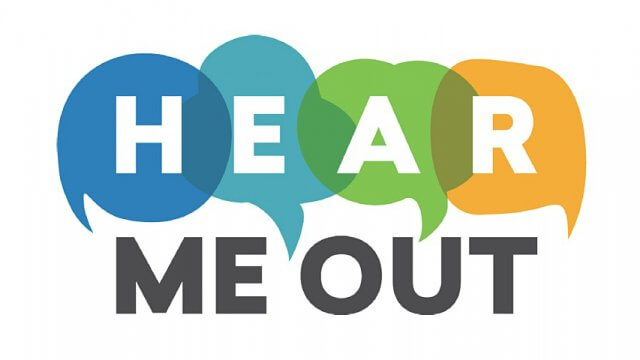
I was in high school when the Black Lives Matter movement began, and that was perhaps my awakening to racism in the United States. I was an Asian American growing up in a diverse school, with a diverse circle of friends. I understood that there were still racist people in this country despite the Civil Rights Movement and had faced my own microaggressions at school, but in 2014, a door opened.
I began to realize that my upbringing gave me a good helping of privilege. I was adopted and raised by a white family, and by elementary school I had become uninterested in my ethnic background.
I was content to be simply “American.” I spoke without an accent, dressed and ate the “right way,” and grew up in a middle-class household. I have what some academics call “proximity to whiteness.”
From my simplistic, 16-year-old perspective, I became middle ground. I could experience racism, too, but not at the level of Black and Brown people in my hometown. And I knew I was capable of being racist, even if I didn’t mean it or even realize it at the time.
But what I began to learn through books, stories and other people’s experiences was that my role in America was even more complicated than an accidental microaggression or an unconscious bias. As I read books like Michelle Alexander’s “The New Jim Crow,” I learned about our country’s systemic racism.
Systemic racism touches all parts of life and is linked to everything from poverty, to health, to education, to incarceration. It’s racism that doesn’t rely on racist thoughts or actions from individuals, but rather on the laws, regulations, preferences and power structures that have built up over the centuries, and that continue to harm people of color.
I realized that if I wanted to further understand America’s systemic racism and my role in it, I needed to continue reading, listening and learning. Below are some of the books that have shaped my understanding of race and racism in the United States, as well as two books on my To-Read list to continue learning.
If you’d like to discuss these and related issues, the Library is co-hosting a virtual event on Wednesday, May 26 as part of the ‘Hear Me Out’ Dialogue Series. You can register here for the conversation, ‘Hear Me Out’ Dialogue Series: Racial Histories (One Book, One Philadelphia).
You can find even more book lists and resources from Carnegie Library, such as this Staff Picks of Black and LGBTQ+ Authors, this Staff Picks of Short Story Collections by Black authors, this Staff Picks about the connections between Racism and Economics, and our collection of Black History Month booklists.
You can sign up for a free library card here. If you are new to our eResources, check out these tutorial videos on how to get started.
Looking for a good book, album, movie or TV show? We’re happy to recommend them to you! Use this Personalized Recommendations form to send us some information about what you like and we’ll curate a list just for you.
If you have any additional questions, you can contact a librarian through Facebook, Instagram or Twitter. You can also call us at 412.622.3114 or email us at info@carnegielibrary.org.








